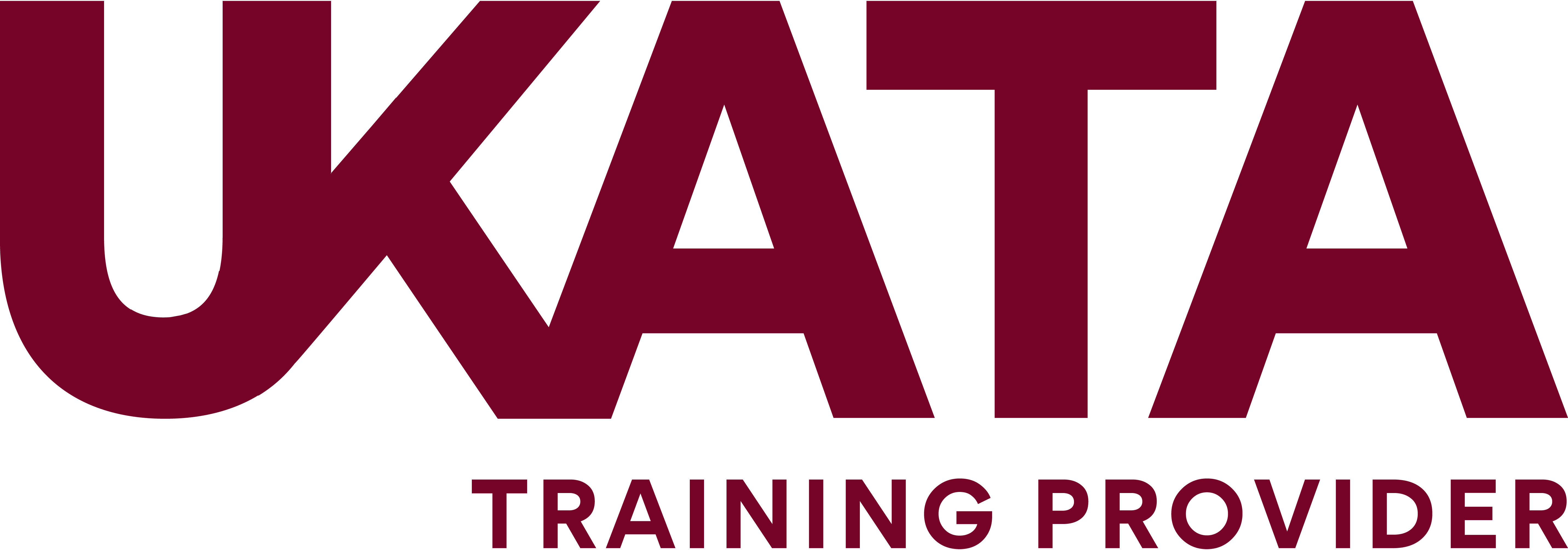UKATA Asbestos Awareness
| Booking Type | Course Price (ex VAT) | Max No of Delegates | Places Remaining |
|---|---|---|---|
| delegate rate | £89.00 | 12 | 12 |
UKATA Asbestos Awareness 
Max Number of Delegates: 12
Duration: ½ Day
Length of Certification: 1 Year
Accreditation: UKATA
Who Should Attend?
Supervisors and trades personnel, including trainees such as but not limited to: demolition workers, construction workers, general maintenance staff, electricians, plumbers, gas fitters, painters and decorators, joiners, plasterers, roofers, heating and ventilation engineers, telecommunication engineers, fire and burglar alarm installers, computer installers, architects, building surveyors, shopfitters and other such professionals.
Aim
To provide an awareness and develop the knowledge amongst employees as regards the hazards and risks posed by asbestos containing materials (ACMs). The course further gives an overview of the legislative measures in place to permit employees to safeguard themselves and others affected by work activities.
Content
On successful completion of this course, delegates should be able to:
-
Have an increased awareness of the nature and properties of asbestos and its effects on health, including the increased risk of lung cancer for asbestos workers who smoke;
-
Be familiar with the types, uses and likely occurrences of asbestos in buildings and where appropriate items of plant;
-
Know how to avoid the risks from asbestos by understanding;
-
Where to obtain information on asbestos in premises prior to commencing work;
-
What to do if suspicious materials are found;
-
How to use appropriate workplace precautions, including the risk assessment process, or seek advice on workplace precautions, in respect of the risks of asbestos;
-
Undertake work activities in a safe manner and without risk to themselves or others.
-
Have an awareness of the key aspects of the asbestos regulations and how they fit into the broader context of health and safety legislation.
-
Procedures to be followed when coming into unintentional contact with ACMs and an understanding of the appropriate emergency arrangements.
Training Methods
Classroom Based and Practical exercises with group participation.
Additional Information
The course can be developed and adapted to refer to or include specific areas of the client’s operations, particularly focussing on issues that are present and utilising the client’s own asbestos policies and procedures.



